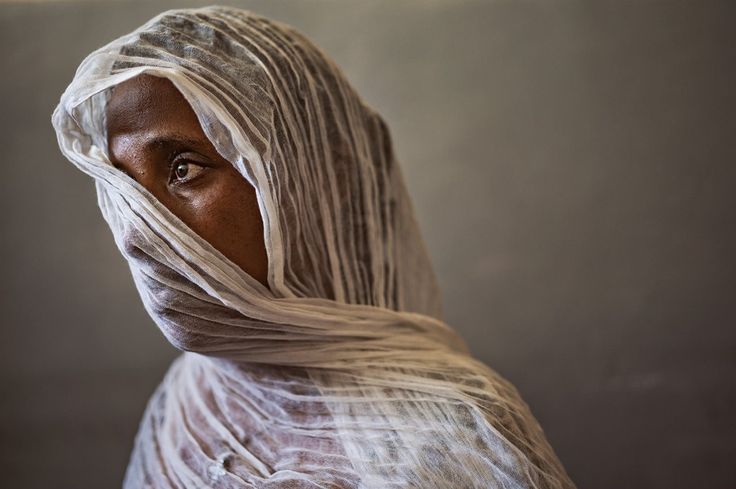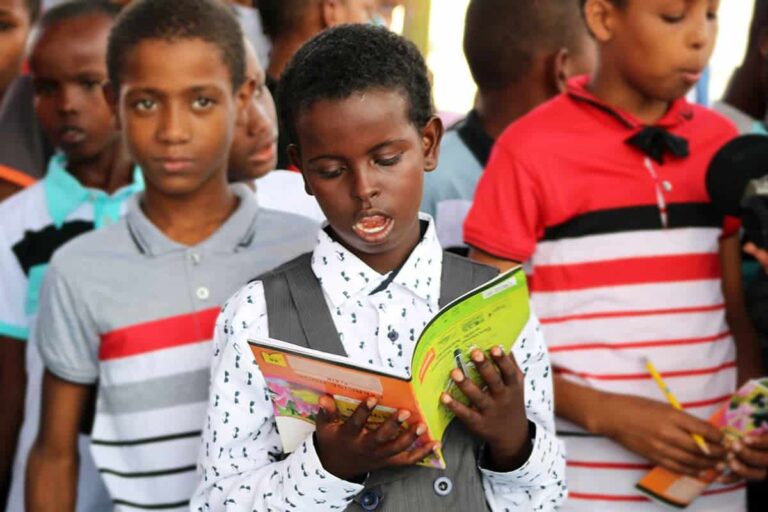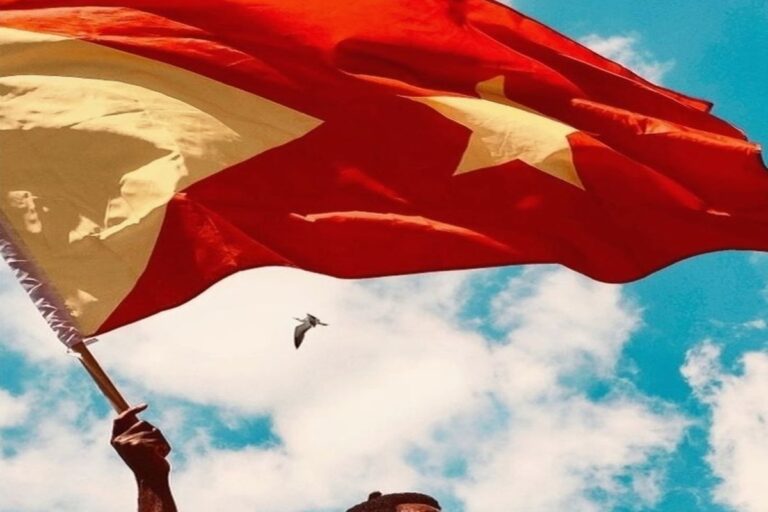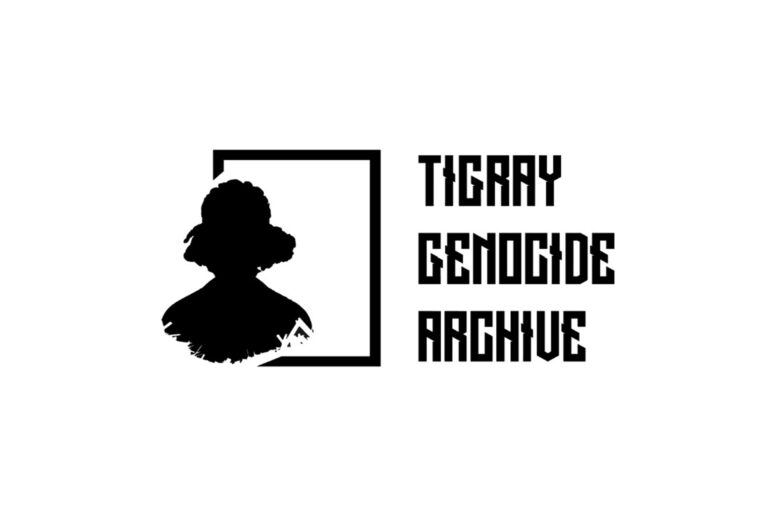The war in Tigray, Ethiopia, has inflicted unimaginable suffering on civilians, with gender-based violence (GBV) emerging as one of the most horrific dimensions of the conflict. Since the onset of the war in November 2020, reports have poured in about the systematic and widespread use of rape and sexual violence as weapons of war. Women and girls have been targeted with brutal acts of violence, including gang rape, torture, sexual slavery, and genital mutilation — atrocities that not only violate their bodies but attempt to destroy their spirits and their communities.
According to a community-based study published in the Journal of Global Health, out of 500 survivors of sexual violence in Tigray, 82.2% reported being raped, and 68.4% were gang-raped. These numbers, however, only scratch the surface, as stigma, fear, and trauma prevent many survivors from coming forward. Human Rights Watch and Amnesty International have also documented testimonies of survivors who recount horrifying stories of rape used as punishment, humiliation, and ethnic targeting by Ethiopian, Eritrean, and Amhara forces.
These crimes were not isolated. They were part of a deliberate campaign to break the will of the Tigrayan people — a war tactic that devastates individuals and fractures entire communities.
Voices That Must Be Heard
At Fetli CSO, we are not just acknowledging these atrocities — we are working to center the voices of survivors in the healing process. One of our co-founders, a survivor and witness of the war, published a powerful book titled “Tearing the Body, Breaking the Spirit”, a harrowing collection of real-life stories from women and girls in Tigray who survived genocidal rape.
This book begins and ends with tears — each page a testimony to the pain, suffering, and enduring strength of women whose bodies were used as battlefields. It captures not only what was done to them but what was taken from them — dignity, safety, and a sense of self. These stories must be known. They must never be forgotten. You can read the book and honor these brave voices here:
👉 Read Tearing the Body, Breaking the Spirit
Our Ongoing Support for GBV Survivors
Fetli CSO is committed to supporting survivors through multiple efforts:
- Emergency Healthcare & Counseling: In collaboration with local health workers, we are creating safe access to medical care, trauma counseling, and psychological support.
- Training & Capacity Building: Following the WHO’s initiative, we aim to expand GBV first-line response training to local health workers and volunteers.
- Safe Spaces for Healing: We are working toward establishing women’s centers where survivors can find a safe environment, community, and empowerment tools.
- Justice & Documentation: Through the Tigray Genocide Archive, we are preserving testimonies and stories of GBV as part of the pursuit of accountability and justice.
Why We Must Speak
Breaking the silence around GBV is essential — not just for justice, but for healing. For many survivors, being heard is the first step to reclaiming their agency. By telling their stories and demanding accountability, they reclaim what was stolen from them.
We urge the international community, donors, and advocates to stand with the women of Tigray — not just in grief, but in action. Their wounds are deep, but their courage is greater.
Join us at Fetli CSO to support survivors, raise awareness, and help rebuild the lives shattered by war and sexual violence
The Escalation of Gender-Based Violence in Tigray
During the conflict, reports indicate a significant increase in sexual and gender-based violence. A study revealed that out of 500 survivors, 82.2% experienced rape, with 68.4% subjected to gang rape. These figures highlight the severity of the crisis and the urgent need for comprehensive support systems.ReliefWeb
Challenges Faced by Survivors
Survivors of GBV in Tigray encounter numerous obstacles:
- Health Complications: Immediate concerns include physical injuries, sexually transmitted infections, and unwanted pregnancies.
- Psychological Trauma: Many suffer from post-traumatic stress disorder (PTSD), depression, and anxiety.
- Social Stigma: Cultural perceptions often lead to ostracization, making reintegration into the community challenging.
- Limited Access to Services: The conflict has disrupted essential services, hindering access to medical care and counseling.
Initiatives to Support Survivors
Efforts are underway to address these challenges:
- Training Healthcare Workers: The World Health Organization (WHO), in collaboration with the Tigray Regional Health Bureau, trained 350 health extension workers to provide first-line support to GBV survivors, emphasizing practical care and emotional support. WHO | Regional Office for Africa+1WHO | Regional Office for Africa+1
- Community-Based Studies: Research has been conducted to understand the prevalence and nature of war-related sexual violence, informing targeted interventions. Wilson Center+1ReliefWeb+1
The Path Forward
While these initiatives are commendable, continuous efforts are essential:
- Enhanced Medical and Psychological Services: Expanding access to comprehensive healthcare and counseling is vital.
- Community Sensitization: Educational programs can help reduce stigma and promote reintegration of survivors.
- Legal Support and Advocacy: Assisting survivors in seeking justice and holding perpetrators accountable is crucial for deterrence and healing.

Conclusion
Breaking the silence surrounding GBV in Tigray is imperative. Through collective action, we can support survivors on their journey to healing and ensure such atrocities are prevented in the future.




